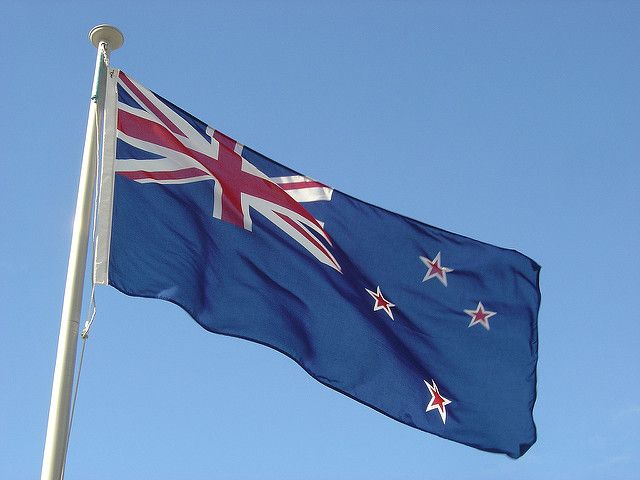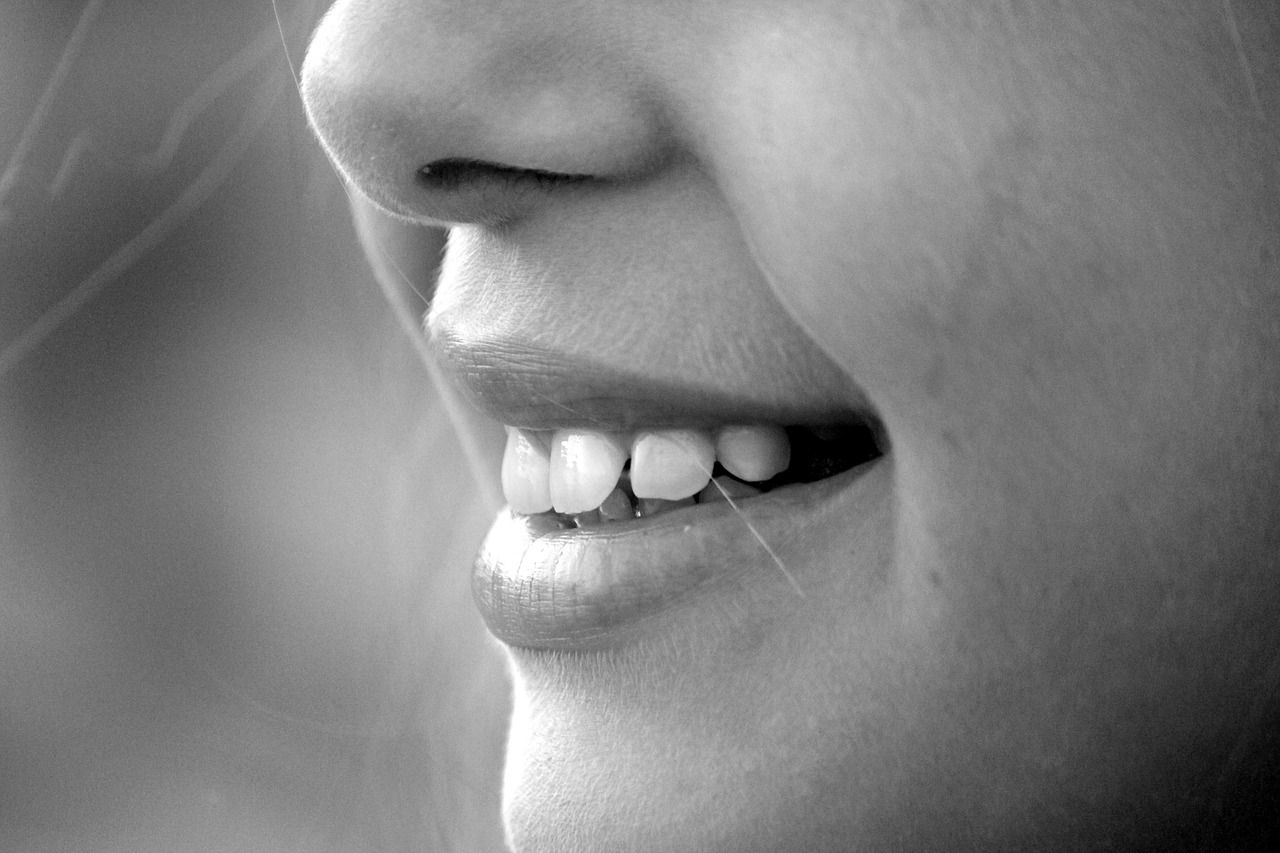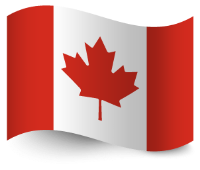New cold sore remedy put to the test
 Cold sores – or the HSV-1 virus to be exact – have baffled scientists and frustrated many sufferers for years and years. Despite it being a very common infection, there has still been no success in finding a cure.
Cold sores – or the HSV-1 virus to be exact – have baffled scientists and frustrated many sufferers for years and years. Despite it being a very common infection, there has still been no success in finding a cure.
But a healthcare entrepreneur from New Zealand plans to change all that with a new trial, one of the largest of its kind.
The trial will involve 950 cold sore sufferers from the city of Tauranga. It will see how well medical grade New Zealand kanuka honey does against the infection.
The research will be carried out by Honeylab, a company that undertakes research into the medical benefits of honey and other bee products. The co-founder of Honeylab, Dr Shaun Holt, describes how an initial smaller study showed the honey's potential for being very effective against the virus. "The honey activates against the virus; and, perhaps more importantly, we know honey heals wounds and a cold sore is basically a very difficult wound to heal."
In order to conduct the study, the company has set up about 50 pharmacies around the country and is asking for people who have had a cold sore outbreak start within 48 hours to go to one of the pharmacies and try out the new treatment.
Holt hopes that the study will lead to a breakthrough in how people treat their cold sores:
"We're not just seeing if our product works, we are putting ourselves up against the best current treatment in the world. And we are trying to beat it."
Using bee products to try and tame the HSV-1 virus is not a new idea, however. Honey has been used to treat cold sores as far back as ancient Egyptian civilization.
In fact, bees have a well-earned reputation as nature's healers. They also produce propolis, which is the key ingredient Herstat uses in its cold sore ointment. Proven to heal cold sores faster than similar products in clinical trials, Herstat uses the best of the bees to provide sufferers with the best cold sore remedy.
Vitamins - the best cold sore treatment plan?
Although clinical trials have proven Herstat to be one of the best cold sore treatments available, the truth is that our customers would prefer to not have to rely on any form of treatment at all; as we all know, prevention is always a better option than cure.
Fortunately, there are some steps that can be taken to reduce the risk of a cold sore outbreak, and although those listed below are not foolproof, they will at least help cold sore sufferers take some level of control over the virus.
Vitamin A
Many dermatologists recommend Vitamin A for the full spectrum of skin conditions, ranging from premature ageing to acne. Not only does it promote skin cell renewal, it is also thought by some to reduce post-outbreak infection rates.
However, a Vitamin A overdose can cause a toxic reaction, so supplements should only be taken on the advice of a specialist. Good natural sources of Vitamin A include carrots, swede, squash, sweet potatoes, dried apricots and parsley.
Vitamin D
Vitamin D is sometimes known as the "immune support vitamin". This is because a number of studies have indicated that it may have a major role to play in strengthening the body's support against a range of illnesses and health conditions, while others have shown that Vitamin D deficiency increases a person's risk of developing herpetic sores.
Vitamin B6
Vitamin B6 has a reputation as the "healing vitamin". It can be a good idea to eat plenty of Vitamin B6-rich whole grains, garlic, mushrooms and green leafy vegetables after a cold sore in order to reduce the chances of a dispiriting "follow-up outbreak".
Vitamin E
Vitamin E is implicated in effective immune system response. Not only does it increase white blood cell numbers, it's also easy to find in food sources, from oily fish to avocadoes, nuts and broccoli.
Vitamin C
How often have we been told to eat up our oranges so that we get enough Vitamin C in order to ensure our immune systems are ready to fight off any winter bug or virus that comes our way?
What is less well-known is how useful Vitamin C is in warding off the herpes virus. Vitamin C has well-documented antiviral qualities and it is thought that becoming deficient in this vitamin can lead to increased risk of an unsightly outbreak.
Although Vitamin C supplements may be right for some people, a balanced and varied died full of fresh fruit and vegetables should be enough for most. Green leafy vegetables, citrus fruits, berries and even the humble potato are all good sources of Vitamin C.
Conclusion
For those who are deficient in particular vitamins or who are looking for a short-term boost to their vitamin levels, supplements of the above vitamins can help protect against the need to reach for a tube of Herstat; for others simply eating a balanced and varied diet that is full of vitamins A, B6, E, C and D can help prevent the cold sore virus. Vitamins, they may just be the best cold sore treatment plan.
Treating cold sores with natural remedies
 You have doubtless arrived here because you are wondering how to treat a cold sore in the most effective way possible.
You have doubtless arrived here because you are wondering how to treat a cold sore in the most effective way possible.
We can only say, "well done" because you have arrived in the right place; Herstat has been clinically proven to be more effective than other cold sore remedies. In fact, Herstat has been proven to clear up cold sores 3.53 days faster than a placebo, with nearly 94% of those who took part in a trial saying they would use it again.
This is in contrast to clinical trials of other products that are advertised as being cold sore treatments; with most healing cold sores only a single day faster than the placebo – it is easy to see why Herstat is increasingly recognised as an effective answer for those who are looking for advice on how to treat a cold sore.
A natural remedy
But the best news? The active ingredient in Herstat is Propolis, which, because it is made by honeybees from plant resins, is natural.
In fact, the antiviral and antibacterial properties of Propolis are not recent discoveries; the Ancient Greeks and Ancient Egyptians were using the substance as long ago as 300 BC, with Hippocrates (460 BC-377 BC), the father of modern medicine, a known proponent of its benefits.
Other natural ways to treat a cold sore
Curcumin, a component in the Asian spice / root vegetable turmeric, has been shown by some studies to have real efficacy in fighting viral infections.
This is unlikely to come as any surprise to the peoples of South East Asia and India who refer to turmeric as "holy dust" and have been using it as a natural remedy for more than 2,500 years.
Although modern medicine's understanding of turmeric is only at the early stages, scientists have shown that the antiviral properties of curcumin can be effective in keeping patients virus-free.
For example, the International Journal of Antimicrobial Agents has reported a curcumin-based cream to be effective in helping to prevent HIV-1 from entering human cells.
But the study that really got us interested was carried out by B. Kutluay Sebia and colleagues at Michigan State University and then reported in the journal Virology. It stated that in the laboratory setting curcumin had been shown to significantly inhibit replication of the herpes simplex virus.
So, if you're looking to treat your cold sore as quickly as possible why not try a combination of topical application of Herstat combined with an oral Turmeric supplement – it might just help!
Cold sore cure hope is realistic
 Finding a real cold sore cure: it is one of the pharmaceutical industry's holy grails and for much of human history has seemed an impossibility.
Finding a real cold sore cure: it is one of the pharmaceutical industry's holy grails and for much of human history has seemed an impossibility.
But now, thanks to work by scientists at the Fred Hutchinson Cancer Research Center, it may be an impending reality.
News of the research, which was published in the journal JCI Insight, says that by using DNA-interfering enzymes called targeted endonucleases, it may be possible to disable the herpes simplex virus when it is at its latent stage.
And although the research has so far only been carried out on mice, it is thought that it could be the first stage in achieving a cold sore cure, which would be welcome news the more than 3.7 billion people under the age of 50 – 67% of the population – who, according to the World Health Organisation, are infected with the herpes simplex virus.
The study, claims its lead author, Dr. Keith Jerome, "lays out the pathway toward a potential cure for human herpes virus infections" by using DNA-cutting to disable the virus's ability to replicate.
However, the technique is yet to be tested on humans and it is thought it could be several years before it reaches this research stage, although the research team admit that this is the goal. "We can take these targeted endonucleases, we can introduce them into a mouse that has a latent herpes infection, we can get them to where the virus lies dormant and we can successfully attack that virus in its dormant state," said Dr. Jerome. "The process can work."
A cold sore cure would not simply be about improving the sense of wellbeing of those who suffer from strains of HSV; the virus can also be deadly, particularly among new-born children, who contract it without having developed any immunity.
Don't let cold sores ruin your summer
The sun has finally come out again, and while we Brits usually have only a small window of opportunity to enjoy it, it is important for people to not rush out without first applying the proper protection, especially when they suffer from cold sores.
You will surely have heard how unhealthy, and even downright dangerous, too much sun exposure can be for your skin, but did you know that the UV rays have been directly linked to causing a cold sore outbreak?
Even though everyone deserves their day in the sun, it's a good idea to keep a tab on exactly how much time you're spending under its warming glow. And, if you're someone who particularly loathes those occasions when the HSV-1 virus manifests itself as a painful, embarrassing blister on your face, you might want to reconsider how much it's really worth getting that tan when you know it's going to directly affect your ability to keep the virus at bay.
Why does it happen?
While a small amount of UV radiation is thought to be beneficial as it is a good source of vitamin D, too much of it is very harmful to the body. UV rays hinder the immune system, which encourages viruses to take over, making you more likely to have an outbreak.
What to do
So, you know why you should avoid too much sunlight, but what about how? There are some procedures that are common knowledge to almost everybody who is even slightly health conscious, but a refresher never hurt anyone, did it? Also, there are other precautions that cold sore sufferers can take in addition to the general sun protection routine for added resistance.
Here are some helpful guidelines on sun exposure you should follow, not just to help prevent cold sores but to reduce the risk of suffering other damages to the skin as well.
- Use a lip balm that protects against UV rays (we recommend our very own LipCare stick.
- Apply sunscreen of at least SPF 15 to your face, especially around your lips
- You should be reapplying sunscreen every two hours
- Wear a wide-brimmed sun hat to keep your face in the shade (sunglasses with UV absorption lenses wouldn't go amiss either).
- Try to avoid being in the sun between 11:00 AM and 3:00 PM as this is when it's as its most intense.
If you enjoy the sunshine in moderation and ensure that you are thoroughly protected during the time you're outside, you will dramatically increase your odds of staying cold sore-free this summer.
 Cold sores – or the HSV-1 virus to be exact – have baffled scientists and frustrated many sufferers for years and years. Despite it being a very common infection, there has still been no success in finding a cure.
Cold sores – or the HSV-1 virus to be exact – have baffled scientists and frustrated many sufferers for years and years. Despite it being a very common infection, there has still been no success in finding a cure.






 You have doubtless arrived here because you are wondering how to treat a cold sore in the most effective way possible.
You have doubtless arrived here because you are wondering how to treat a cold sore in the most effective way possible. Finding a real cold sore cure: it is one of the pharmaceutical industry's holy grails and for much of human history has seemed an impossibility.
Finding a real cold sore cure: it is one of the pharmaceutical industry's holy grails and for much of human history has seemed an impossibility.




